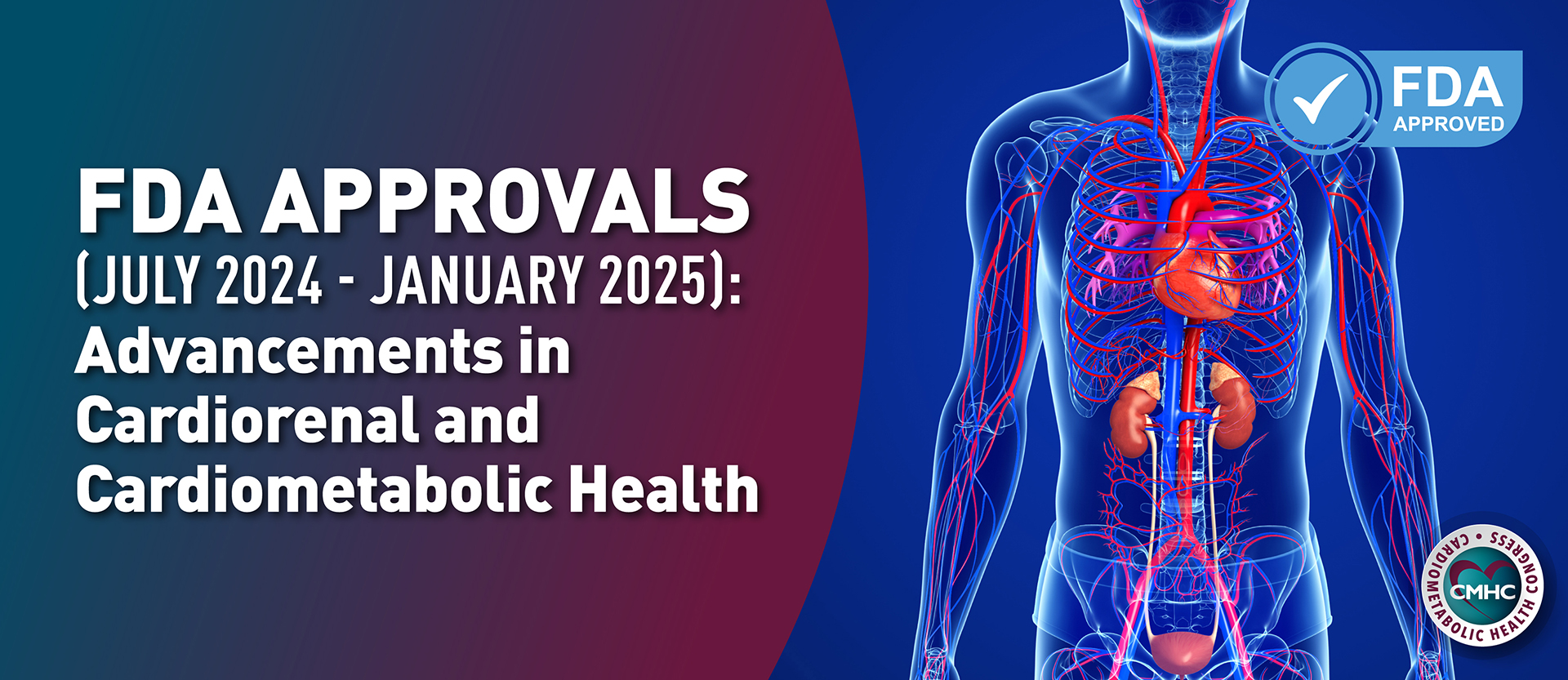A recent study published in the journal Diabetes Care indicates that poor medication adherence in adults diagnosed with type 2 diabetes is strongly associated with increased risks for “cardiovascular disease, all-cause mortality, and hospitalizations.” Conversely, when patients have good medication adherence, these risks are reduced.
The Leicester Diabetes Center at Leicester General Hospital, in conjunction with the Diabetes Research Centre at the University of Leicester in Southmead, United Kingdom, conducted a meta-analysis surrounding eight observational studies in order to determine the correlation between medication adherence and risk for cardiovascular disease (CVD)—in addition to hospitalization and mortality rates—among adults with type 2 diabetes.
The studies’ poor adherence statistics ranged from 25% to 91%, with a mean of 37.8%; one study demonstrated that there was a decrease in CVD with good medication adherence. Other studies reported that good adherence was further associated with benefits in reduced hospitalization rates. The researchers wrote: “In conjunction with previous studies, these data should encourage health care professionals to routinely assess adherence in clinical practice and make efforts to improve it where it falls below 80%…in addition, our findings should serve to reinforce to patients the importance of taking medications as prescribed, in order to avoid premature death and preventable admissions to the hospital.”
Numerous other studies confirm that poor medication adherence is particularly common among patients with cardiovascular disease, and results in serious adverse health consequences. The American Heart Association cites that medication nonadherence results in approximately 125,000 preventable deaths per year, in addition to dramatically increased risks of hospitalization and premature death. Moreover, medication adherence leads to increased health care costs for both individuals and the health care system.
In order to address the variety of potential reasons for poor medication adherence, in addition to an assessment of solutions that could close the adherence gap, the 12th Annual CMHC will host a pre-conference Business of Medicine day on Wednesday, October 4th, featuring an expert discussion hosted by Robert H. Eckel, MD, and William H. Polonsky, PhD, CDE: “The Psychology Behind Patient Adherence.” Register for the upcoming conference in Boston from October 4-7, and learn about the various methods of diagnosis, treatment, and prevention of cardiometabolic disease.

















